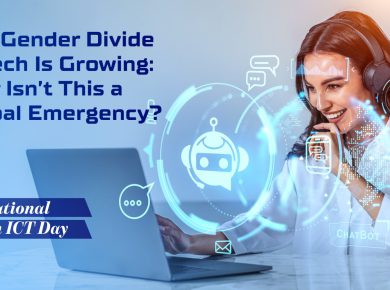A. BUSINESS MODELS:-
There are four main types of business entities in the United Kingdom (UK) as under-
- Sole Trader-A sole trader is an unincorporated business. They usually have one owner who will run and work in the business on a day to day basis. Starting business as a sole trader has very few requirements. Sole traders must register with HM Revenue and Customs (HMRC) and follow certain rules on running and naming their business. A sole trader is required to keep the details of his business sales and expenses, send a self assessment tax return every year and pay income tax on profits. Registration can be carried out by filing CW F1.
- Partnership-A partnership is where two or more people come together to carry on a business, trade or other activity. A partnership is also an unincorporated business. For setting up a partnership business it is required to-choose a name; choose a ‘nominated partner’ and register with HM Revenue and Customs (HMRC). The ‘nominated partner’ is responsible for managing the partnership’s tax returns and keeping business records.
- Limited Liability Partnership-A Limited Liability Partnership is a business incorporated at Companies House consisting of two or more persons who share the profits of that entity. An LLP is a separate and distinct from the partners who own it and therefore can protect their personal wealth from the business’ creditors and others to whom it might owe money.
For registering a LLP the following are required- choosing a name; having at least 2 ‘designated members’; having a registered address – this will be publicly available and an LLP agreement. Registration may be done either online or by sending an application through post, or through an agent.
- Company- If a separate entity is set up in the UK, it is usually a company. Four main types of company exist in the UK-
- Private Company Limited by Shares: the members’ liability is limited to the amount, if any, unpaid on the shares held by them (Private Company).
- Private Company Limited by Guarantee– the company does not have a share capital. Instead the members’ liability is limited to the amount that they have agreed to contribute to the company’s assets if the company is wound up;
- Private Unlimited Company– there is no limit to the members’ liability (this form is very rare);
- Public Limited Company-the members’ liability is limited to the amount, if any, unpaid on the shares held by them (“Public Company”). Only a Public Company can offer its shares to the general public. This is the second most common form of company.
Incorporation may be done by registering the Company with the Companies House, for which the following are details required- the company’s name and registered address; names and addresses of directors (and company secretary if you have one); details of shareholders and share capital; details of people with significant control over the company, for example anyone with more than 25% shares or voting rights and the standard industry classification of the Company.
B. ENTREPRENEURSHIP IN UK:-
There is an increase in women entrepreneurs starting their own business ventures. The glass ceiling still persists with an equal opportunity for them on board in equal number is yet to be achieved. Despite this, the number of women entrepreneurs is on the rise in recent times, and these are numbers that are true on a global level. The Internet is definitely the cause; women who until now could not venture out of their houses to work because of obligations to their household and their children can now still become businesswomen over the Internet. The Internet has also made it possible for these women to get an education on how various businesses are run, and they can even get real educational degrees for their various pursuits through online institutions. Not just that, women entrepreneurs can also set up complete businesses, employees and all, through various agencies that the Internet has to offer.



